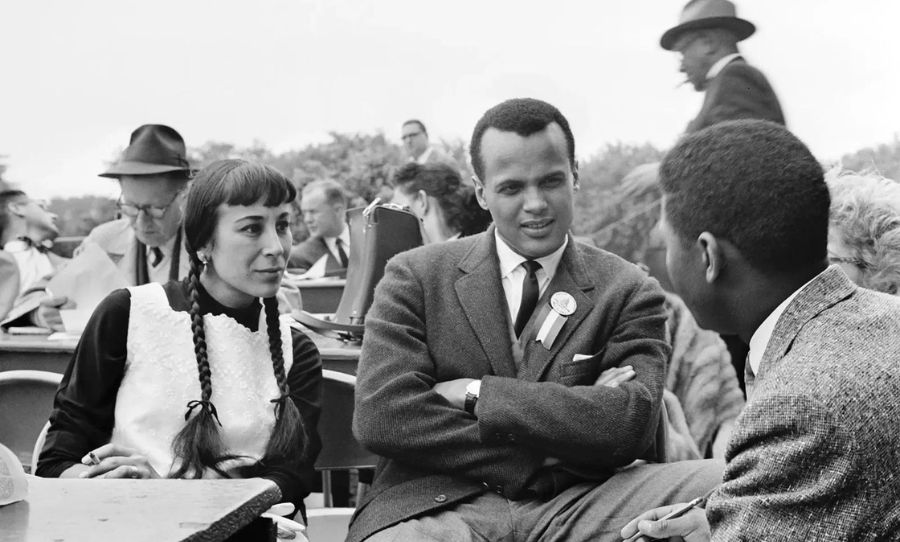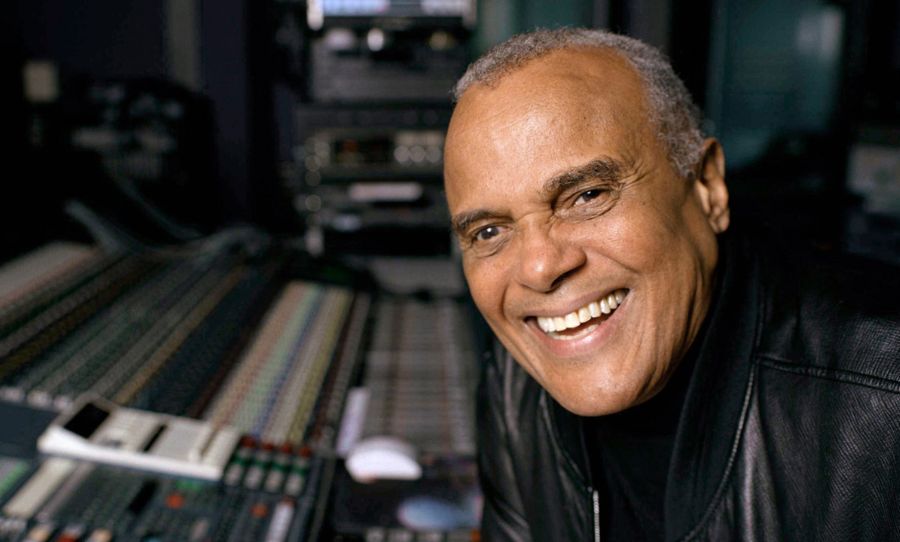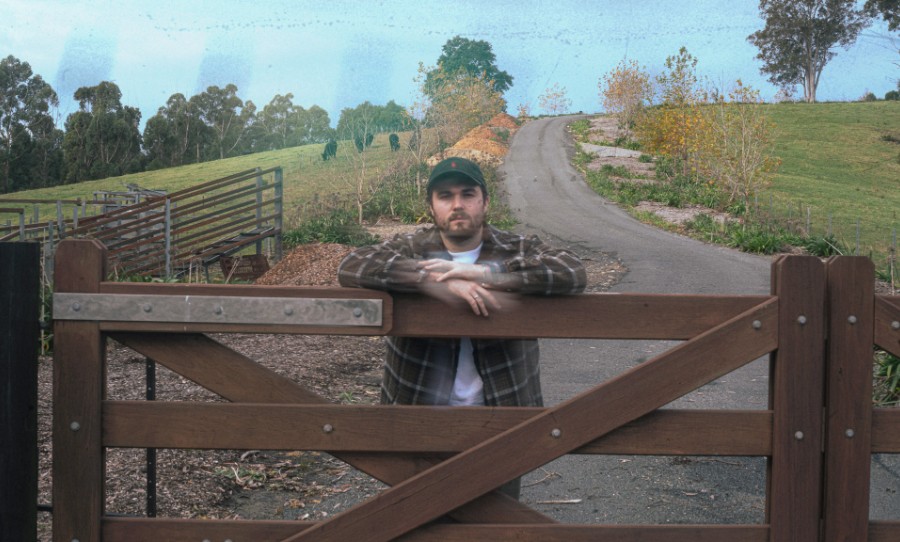Harry Belafonte, the iconic singer, actor, and civil rights champion, has passed away at 96.
Harry Belafonte, the legendary civil rights champion, singer, and actor, has passed away at the age of 96, leaving behind a legacy of activism and artistic inspiration.
Belafonte, known for his deep involvement in social causes, often cited visual and performing artists as a driving force behind his activism, drawing inspiration from the likes of Picasso and his friend Charles White.

Belafonte’s contributions to the Civil Rights Movement in the United States are widely recognized and celebrated. He was connected to the movement from his early years of fame in the 1950s and used his resources to fund organizations like the Southern Christian Leadership Conference and the Student Nonviolent Coordinating Committee.
He was also present during the historic March on Washington for Jobs and Freedom 60 years ago, alongside other Hollywood celebrities.
As a folk singer, Belafonte achieved great success with hits like “Matilda” and his album “Calypso,” which reportedly became the first album to sell a million copies.
Today we honor and remember the life of our friend, Harry Belafonte. Take a moment with us to reflect and honor his legacy and enjoy this Sesame Street classic. pic.twitter.com/MwLJDc4kt5
— Sesame Street (@sesamestreet) April 25, 2023
He was also a prominent actor on screen, known for his charismatic good looks and talent. His friend and fellow folk singer and social activist Joan Baez painted his portrait in 2017, after over 50 years of friendship, describing him as “so… handsome.”
When I was a child, #HarryBelafonte showed up for my family in very compassionate ways.
In fact, he paid for the babysitter for me and my siblings.
Here he is mourning with my mother at the funeral service for my father at Morehouse College.
I won’t forget…Rest well, sir. pic.twitter.com/31OC1Ajc0V
— Be A King (@BerniceKing) April 25, 2023
Belafonte’s friendship with Martin Luther King, Jr. was a pivotal moment in his activism. He became one of King’s main supporters, offering him a home in his New York apartment and even bailing him out of prison at times.
He continued to support King’s widow, Coretta Scott King, and her children after King’s assassination in 1968, earning deep respect from the King family.
Belafonte’s memoir, “My Song: A Memoir of Art, Race, and Defiance,” published in 2012, provides a vivid account of his consequential life. Even after the March on Washington and the publication of James Baldwin’s “The Uses of the Blues,” Belafonte continued to campaign for civil rights for another six decades, urging people to vote in the 2016 and 2020 US presidential elections.
This clip always made me laugh with Bob Dylan clearly the only one wanting to go home 🤣 A fantastic singing tribute to #HarryBelafonte from all these greats.
Rest in Peace, Harry Belafonte
Singer – Actor – Activist 🕊 pic.twitter.com/ZGbMk2bsvt— Helen (@HelenOD45) April 25, 2023
In addition to his civil rights work, Belafonte was also known for his efforts in global humanitarian causes. He supported the cultural boycott of South Africa during the 1980s and participated in the 1985 Live Aid concert in London to combat starvation in Africa.
He emphasized the role of artists in society, stating in 2013, “People who represent art have the public trust… To think that artists can do best is to focus a spotlight on any given subject… and more often than not the public will respond.”
Belafonte’s legacy as a singer, actor, and civil rights champion will be remembered for his unwavering commitment to social justice and his profound impact on the world.
Harry Belafonte was a barrier-breaking legend who used his platform to lift others up. He lived a good life – transforming the arts while also standing up for civil rights. And he did it all with his signature smile and style. Michelle and I send our love to his wife, kids, and… pic.twitter.com/g77XCr9U5b
— Barack Obama (@BarackObama) April 25, 2023
He leaves behind a lasting legacy of inspiration for artists and activists alike, and his memory will forever be associated with the powerful and transformative movements of his time.
The National Civil Rights Museum mourns his loss and honors his legacy as a cultural icon and advocate for civil rights. Rest well, Mr. Harry Belafonte.



